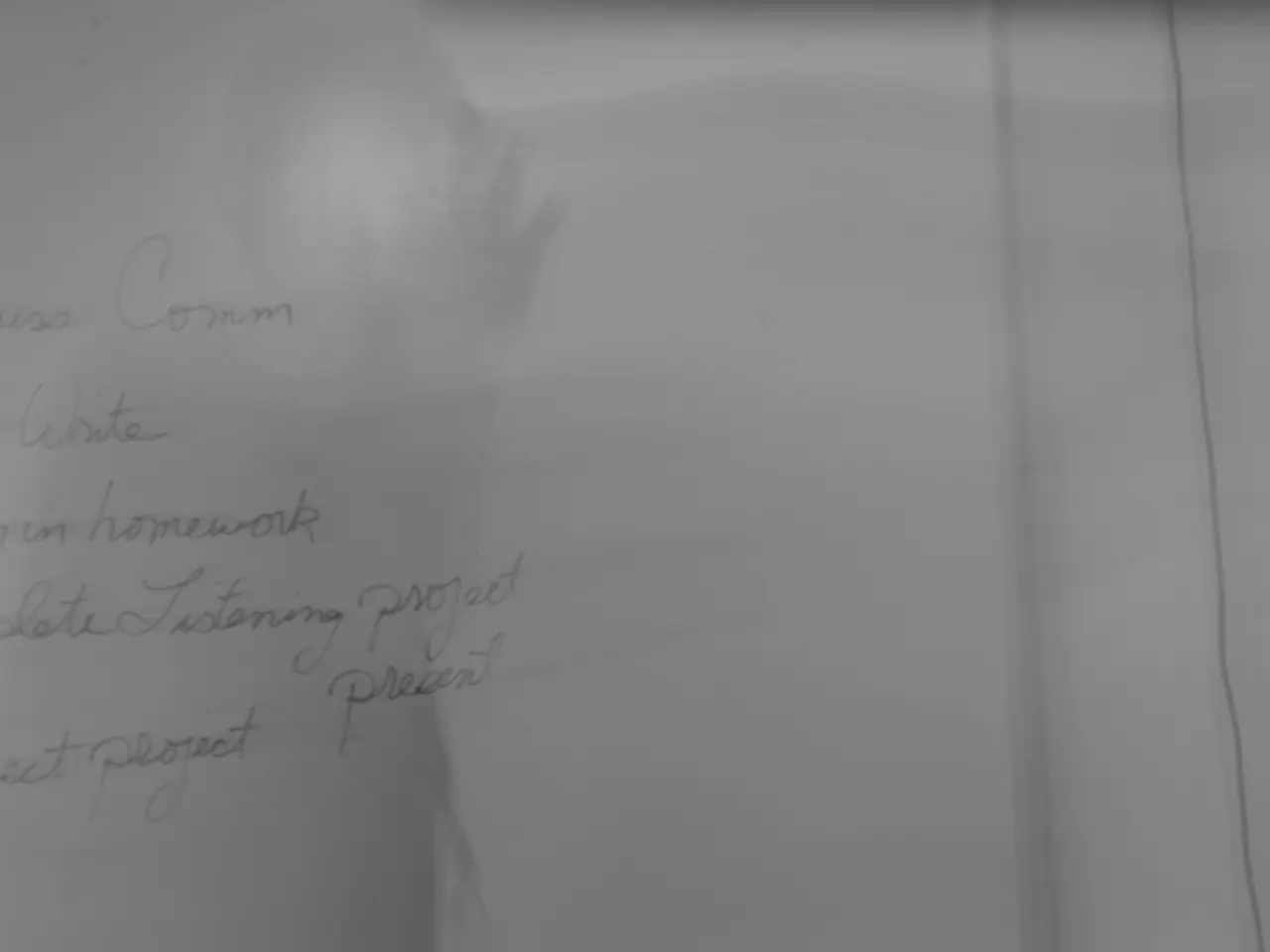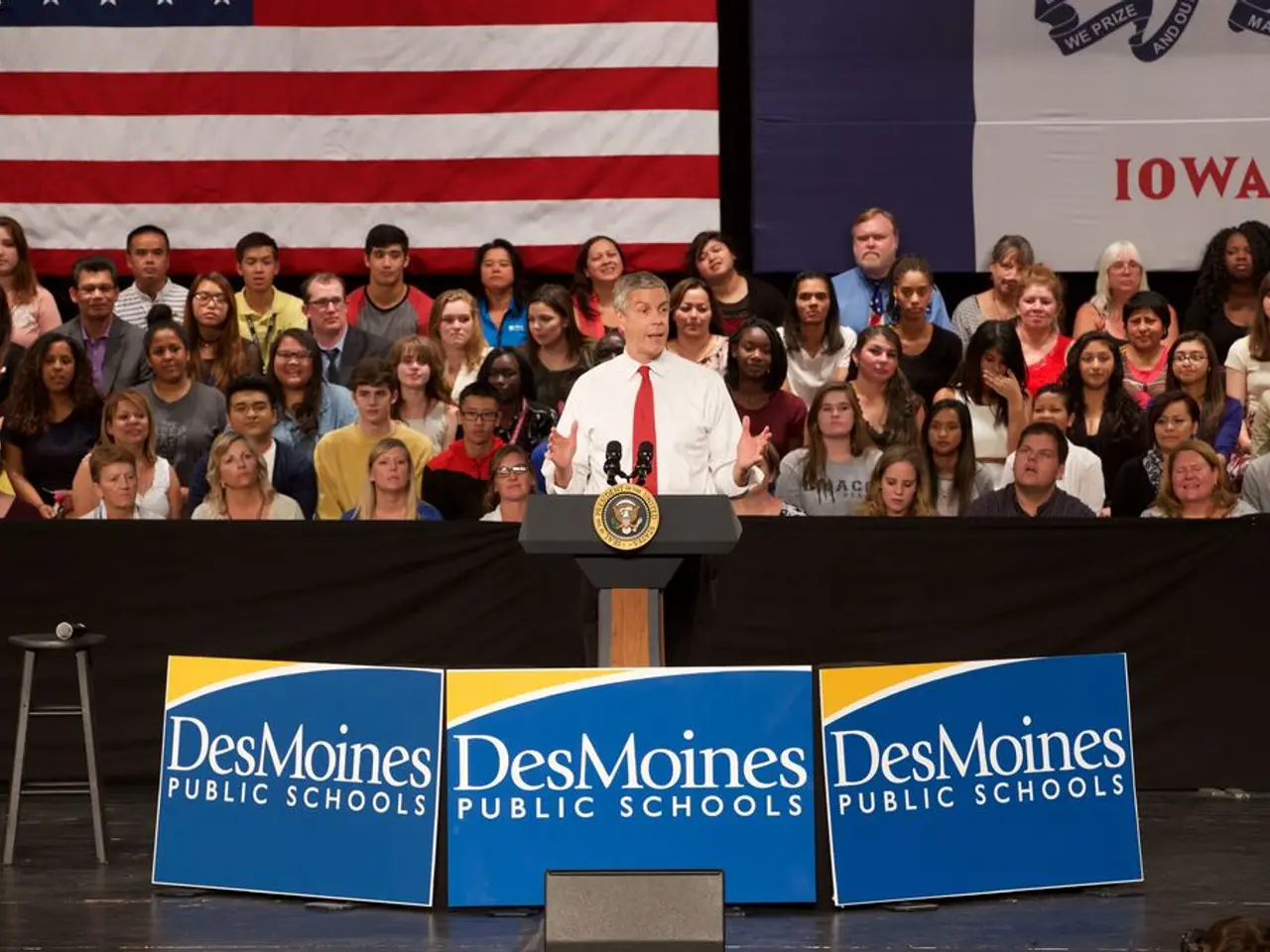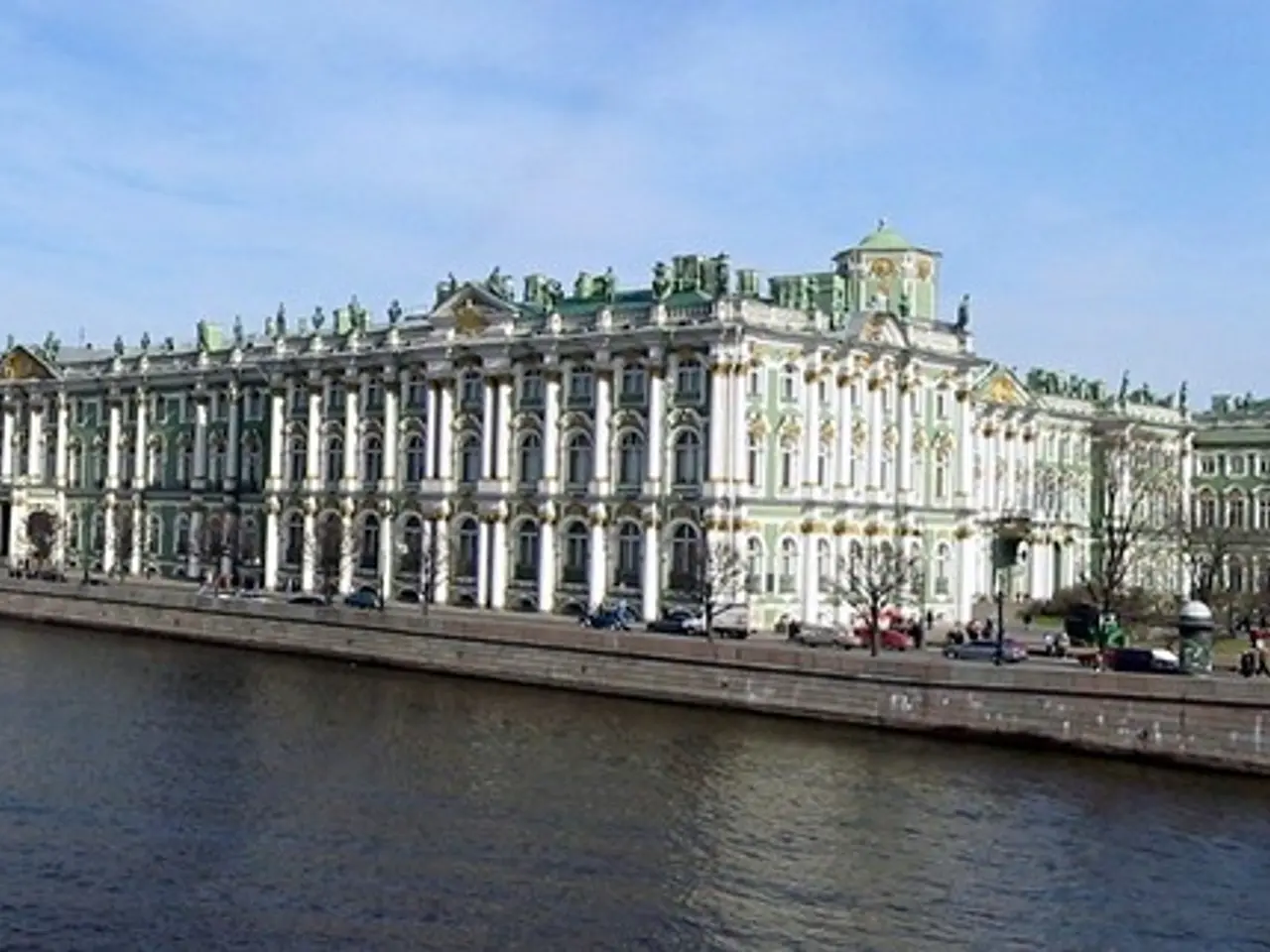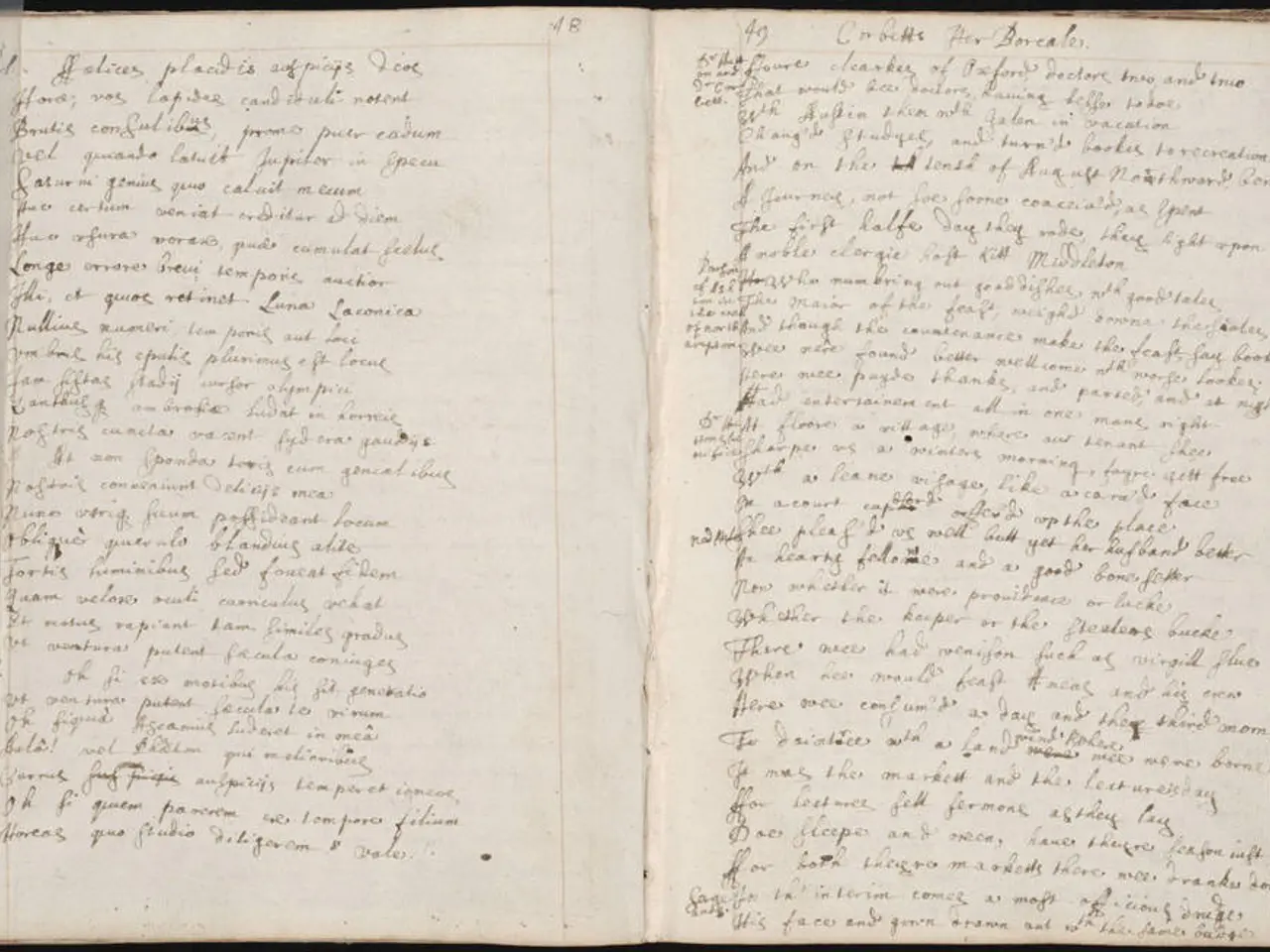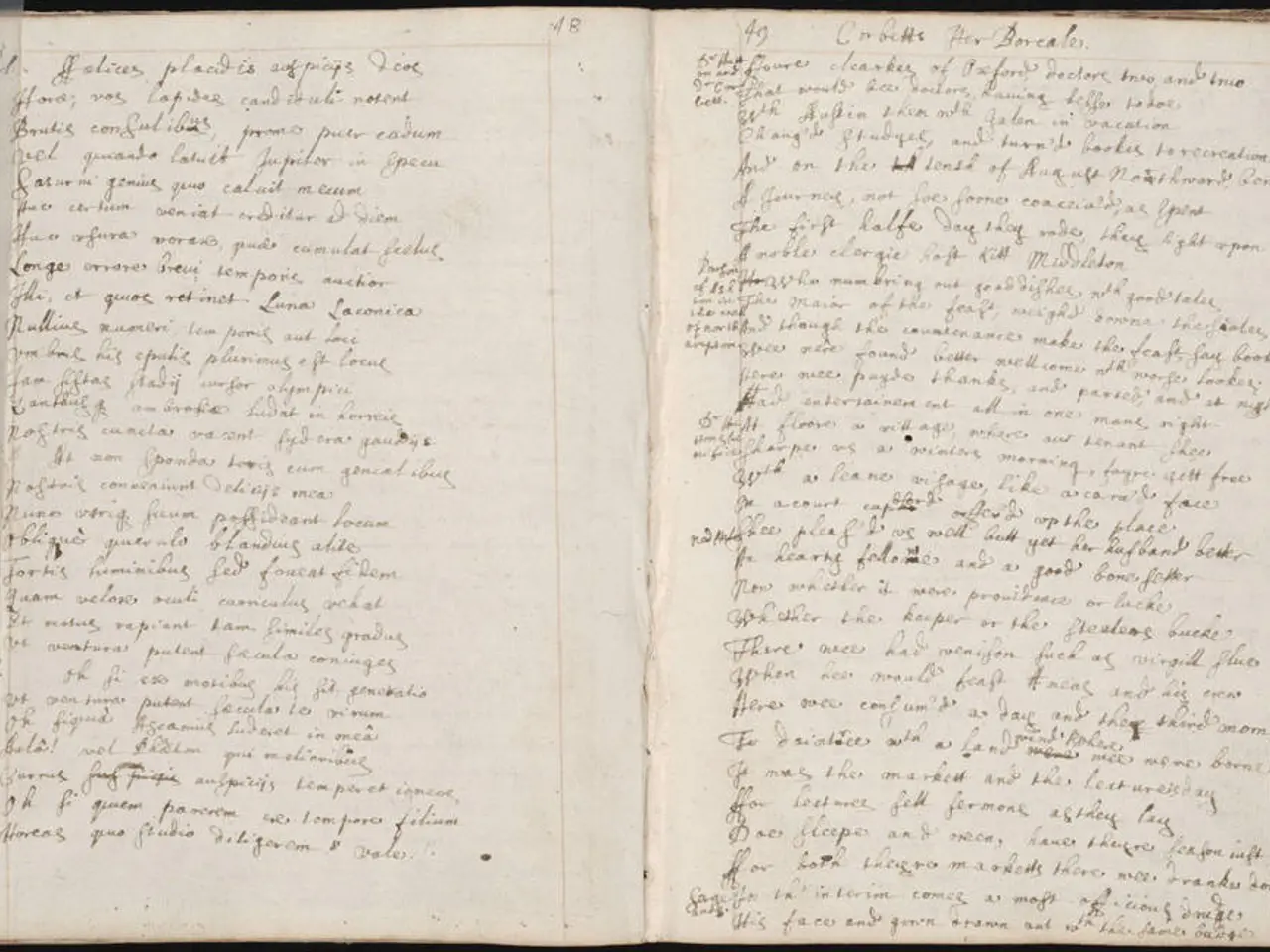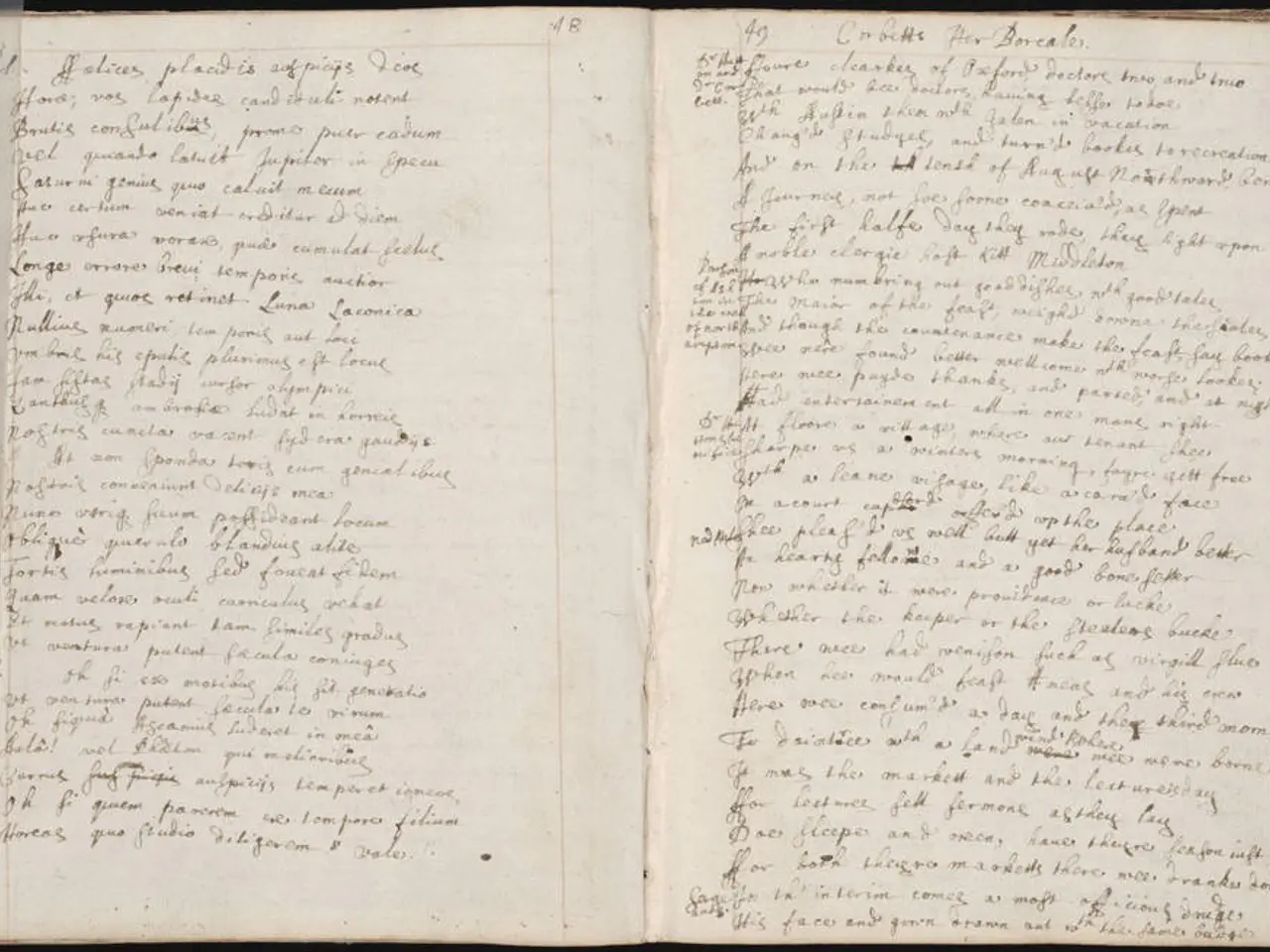Trump reveals no urgency in forging a nuclear accord with Iran
**US-Iran Nuclear Talks Remain Stalled Amidst Escalating Tensions**
The ongoing nuclear negotiations between the United States and Iran have hit a roadblock, with both parties publicly expressing a desire for diplomacy but failing to bridge significant differences. This impasse comes after a series of events, including derailed negotiations, US and Israeli military strikes on Iranian nuclear facilities, and a recent ceasefire.
In Iran, moderates advocating for renewed nuclear talks seem to be gaining ground over hardline factions that oppose negotiations. There is a reported consensus among Iran’s political class that negotiations with the US are necessary due to a combination of economic pressure and security concerns following the strikes. However, Iran’s preconditions for resuming talks, such as securing its "rights and interests," remain a point of contention[1][4].
On the American side, there are indications that the US believes Iran is open to a deal[1][2]. Yet, no concrete progress has been reported in bridging the gap between the two sides’ demands. The US President, Donald Trump, has stated that he is "in no rush" to talk with Iran after last month’s strikes on nuclear facilities[5].
The international community, including the US and its European allies, has set a late-summer deadline for a deal. If no new nuclear deal is reached by the end of August, the three European powers plan to trigger the "snapback" mechanism that automatically reimposes all UN Security Council sanctions lifted under the 2015 Iran deal[6].
The risk of further military action by Israel against Iranian nuclear and military targets remains a significant concern, especially if negotiations fail to make progress[3]. The US Secretary of State Marco Rubio and the foreign ministers of France, Germany, and the UK have agreed to set the end of August as the de facto deadline for reaching a nuclear deal with Iran[7].
## Summary Table: Key Developments
| Aspect | Iran’s Position | US/Western Position | Status as of July 2025 | |-------------------------|-------------------------------------------------|------------------------------------------------------|------------------------------------| | Negotiations | Open in principle, but with preconditions[1][4] | Seeking unconditional return to talks[1] | Impasse, possible deadline[4][7] | | IAEA Inspections | Conditionally open[1] | Demand for unimpeded access[1] | Stalemate over conditions[1] | | Domestic Politics | Moderates ascendant, hardliners resistant[1][4] | Sees opportunity for deal post-strikes[1][2] | Fragile consensus for talks[1] | | Regional Security | Fear of further military action[3] | Risk of Israeli strikes if talks fail[3] | High risk of escalation[3] |
## Conclusion
The nuclear talks between Tehran and Washington are currently stalled, with both sides publicly signaling openness to diplomacy but remaining far apart on key issues. Domestic Iranian politics show signs of a fragile shift toward negotiation, but preconditions and divergent demands—compounded by recent military strikes—have prevented any meaningful progress[1][4]. The international community is setting a late-summer deadline for a deal, but without significant movement from either side, the risk of further escalation remains high[3]. Qatar, which has previously mediated between the US and Iran, may play a role in facilitating future discussions.
- The stalled nuclear negotiations with Iran, despite both parties expressing a desire for diplomacy, have led to concerns among European nations, particularly Qatar, that the situation may escalate into war-and-conflicts, given the recent tensions.
- In the midst of this political standoff, opinion pieces in the general-news are debating the potential impact of war-and-conflicts on Europe, should Iran and Israel clash militarily over the ongoing nuclear dispute.
- As Iran and the US grapple with their differences in these crucial talks, Israel's preemptive strikes on Iranian nuclear facilities have become a wide topic of discussion, often seen as an additional factor complicating the negotiations.
- In light of Qatar's role in past mediation efforts, speculation surrounds whether the Middle Eastern nation might step up its efforts to broker a deal between Iran and the US, given the implications of the ongoing crisis on the region's politics and war-and-conflicts.
- As Iran and the US struggle to find common ground in their nuclear talks, the international community keeps a close eye on any developments, especially with the General Assembly set to resume in September, offering an opportunity to present fresh voices, opinions, and potential solutions to the ongoing crisis.
